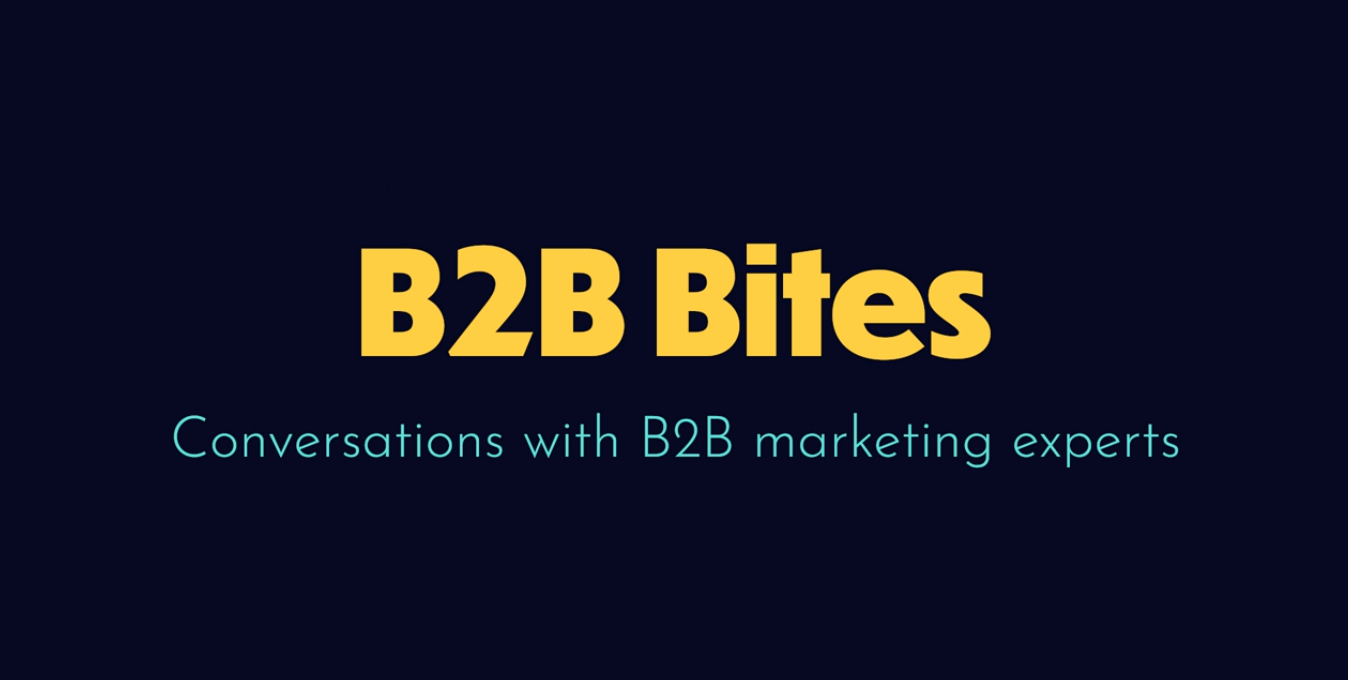Whether it’s a direct mailing list, cold call directory, or an index of qualified sales-leads, the B2B marketer’s database has always been central to their prospecting strategy. So, you can imagine why there were gasps of horror when plans for the EU’s General Data Protection Regulation were first announced a couple of years ago. At one point, it seemed like the GDPR wouldn’t really apply to B2B marketing data - technically we don’t handle personal data, right?
When is business data personal data?
Wrong, unfortunately, and changes to another little lot of EU legislation, the Privacy and Electronic Communications Regulations, (PECR) will result in some brand new rules for B2B marketers. The ePrivacy Regulation supplants PECR, all the while dovetailing with the GDPR. So marketers - all marketers - need to take note. What’s interesting about the GDPR is that it is almost exclusively concerned with digital data.
We recently attended An Post’s GDP Ready breakfast briefing where GDPR subject expert, Marc Michaels, decoded the new regulations and offered practical advice to Irish marketers.
‘GDPR is all about catching up with Digital and putting it back in its box,’ explained Marc, hinting that a return to the old days of direct mail are due a renaissance in a post-GDPR world. ‘Lots of marketers consider print old fashioned but we know it works’.
Here's how Irish companies can prepare for the GDPR
That’s not to say, however, that direct mail campaigns are somehow a loophole in the law - pre-existing laws around opting out will still apply. But large volumes of (presently) free flowing digital marketing data will be under arrest by order of the GDPR. Individuals can no longer be automatically opted in to receive your weekly emails - and you need to be cautious about contacting them if they downloaded one eBook two years ago.
‘The shelf-life of consent is shortening,’ said Marc. ‘Fifty percent of consumers want to update [their permission] less than every six months. Some want it every time you contact them’.
Changes to cookies under ePrivacy enhancements means online content consumers will have to unlock a lot more doors to get to where you want them (pages deep in your website). All in all, it could be a bummer of a browsing experience for your prospects. It might even thwart your attempts to get them abseiling down your sales funnel.
While big American tech brands like Facebook might find ePrivacy/GDPR compliance relatively easy (since it requires a login and has ongoing relationship with its users) the little guy is placed at a sizeable disadvantage. What value is there to creating a login system on a B2B marketing website that relies on unique traffic to get the word out? Could we find ourselves having to create a profile and log in to every single non-social media website we visit?
Remarketing via PPC could also take a hit since B2B marketers’ hands will have to stay well and truly out of the cookie jar. Cookies can extrapolate from users’ browsing histories what kind of ads they might like to see, and flag them up in Google’s advertising space. Farewell, seemingly spontaneous adverts for cheapest Nike shoes online.
It all seems a bit doom and gloom, but here at Squaredot we’re firm believers that every cloud has a silver lining. And as someone in an inspirational quote on Instagram once said, I’m thankful for my struggle because without it I wouldn't have stumbled across my strength. Oh yes.
Could the GDPR improve how you gather B2B marketing data?
Historically, email early-adopters thought the more contacts they had in their database, the better their chances were of striking lucky. We’re not disputing that it's a numbers game - but it made so much sense that before long everyone started doing it. Then more people got online; the price of data storage dropped; smartphones arrived on the scene, closely followed by public wifi networks. The side effect of this digital transformation was the modern phenomenon of ‘spam’ - and it is arguable this (and increasing cyber security) that the GDPR wants to tackle. It’s quite fair to say that legislation has not kept pace with technology or B2B marketing data practices.
The success of marketing campaigns relies on the data used being accurate and the database being engaged. Even something as straightforward as an email marketing campaign will see a steady decrease in response rates if your database is deteriorating. As March Michaels succinctly put it, ‘If people don’t want to give you their consent (to contact them], they aren’t going to want to give you their money’.
The upshot of all this is that marketers could take the GDPR as a good time to straighten out their email database and implement a plan to ensure it stays fresh and compliant. Regularly reviewing your B2B database, weeding out contacts that are no longer engaged with your brand, and list segmentation are two basic but effective ways of managing a database while all the time ensuring compliance.
Handling B2B Marketing Data in a Post-GDPR World
Marketing automation software can help prepare for the GDPR in this respect - HubSpot’s Smart Lists can automatically segment your contacts according to filters, for example - but it’s not safe to assume your agency or third-party will do all the grunt work that will save your bacon if a breach comes to light.
While marketing platforms like HubSpot are classified as a GDPR data processors, entities who collect data and decide how to use it (your organisation) are data controllers. Because you hold personal data belonging to customers and sales prospects, your business bears the responsibility for protecting that information.
Squaredot recently spoke to Liam McKenna, Partner and GDPR specialist at professional services firm Mazars. Liam tells us the 3 most important things to have ready for GDPR, how Mazars are dealing with GDPR and advice on how GDPR will affect B2B businesses. Listen to a snippet of the podcast below...
To listen to the full GDPR podcast on the B2B Show, click on this link.
________________
[Please note: This blog is written from Squaredot’s point of view and understanding of the GDPR and changes to PECR, which is still in draft as of today’s publication date. Information herein does not replace qualified legal advice, and should not be taken as such. Please consult with legal experts or the Irish Data Protection Commission for most controversial questions. For everything else, we welcome your thoughts in the comments section below!]









